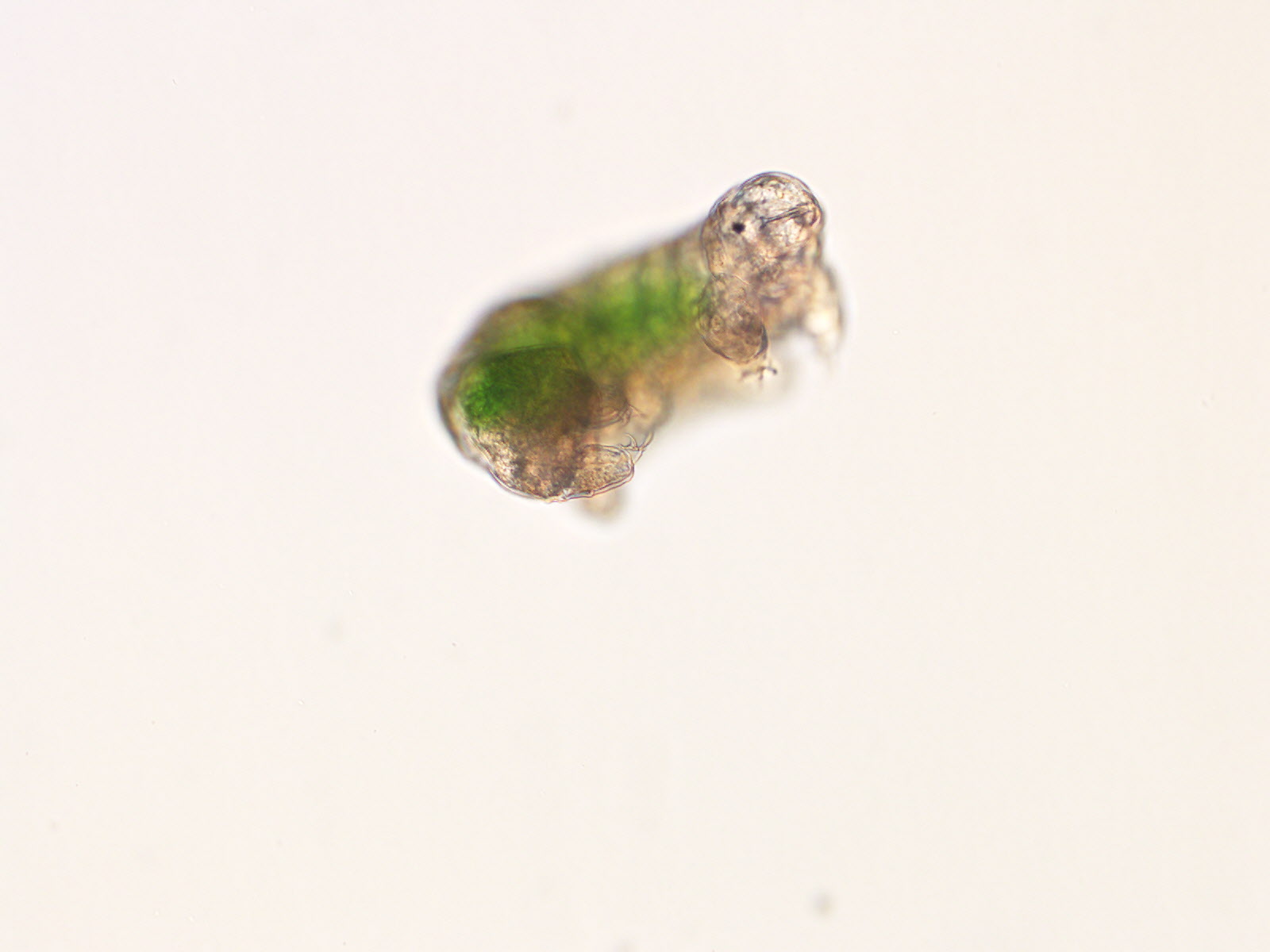
Cryobiology, the study of biological materials that undergo moderate hypothermia to deep-freeze conditions, has long been considered a potential route to human immortality, but some microorganisms are already masters of the trick.
In the spring of 2014 scientists with Japan’s National Institute of Polar Research decided to test the limits of frozen-life, resuscitating three microscopic tardigrades, aka moss piglets or water bears, after 30.5 years in -20°C conditions. While it may sound like a science fiction tale, the microscopic piglet specimens— two adults and one egg—were all successfully revived. Though one adult ultimately didn’t make it, dying after 20 days of meagre recuperation, the surviving adult and hatchling went on to repeatedly reproduce.
Megumu Tsujimoto with NIPR says the team was out to shatter the previous record for long-term tardigrade cyptobiosis survival, nine years for eggs dried at room temperature and eight for frozen adults. He says over the years his supervisors had collected plenty of dried and frozen moss samples during trips to the Antarctic, mosses known to house moss piglets.
‘Since sometime tardigrades appear (crawl out) from those moss samples, we were hoping that we could break the records considerably using the oldest frozen samples of mosses,’ writes Tsujimoto in an email to Love Nature. ‘Furthermore, since most of the previous reports did not monitor recovery or reproduction carefully following the revival, I thought this data would provide new insight into the long-term survival of these cyptobiotic animals.’
At this point, you may want to know a bit more about tardigrades, aka moss piglets or water bears. While you’ve likely never heard of them, these microscope critters, some 0.1-1.0 mm long are incredibly ubiquitous in the world’s marine and terrestrial ecosystems. Over 1000 different species can be found in oceans, lakes, streams, and ponds, plus in soil, mosses, lichen and leaf litter.
With eight legs each bearing four claws, and stout cylinder shaped bodies, these ‘bears’ crawl slowly around in search of their major food source—the juicy contents of plants—using stylets lining their mouths to bite into their victim’s and then sucking out their innards. They also occasionally prey on even smaller nematodes.

Tardigrades are famously extreme survivors, living in environments ranging from the deep sea to the Himalaya Mountains, plus the Arctic and Antarctic. Thanks to researchers some moss piglets have even been to space and back, strapped to the outside of a rocket orbiting earth for 10 days.
‘[Tardigrades] have an ability to enter a cryptobiotic state, in which they can resist physical stresses by effectively switching off metabolism,’ explains Tsujimoto. During this desiccation period, the piglets lose all but around 3 percent of their former water content, and lower their metabolisms to just 0.01 percent the normal rate.
Tsujimoto writes that their revived animals were slow to wake, only showing very slight movement the day after rehydration. One of the subjects was quicker to progress, beginning to try and lift itself on day six, but wasn’t able to crawl or eat for two weeks.
Yet once their subjects were over the bend, the pace picked up quickly. ‘The animal that hatched from the revived egg ate, grew, and reproduced without showing any clear signs of damages from the long-term preservation,’ writes Tsujimoto. The living adult also successfully reproduced and laid eggs continuously after returning to normal, though their first eggs took nearly double the time to hatch as later eggs.
Tsujimoto writes because they only sampled three animals, the teams’ hoping to work with more specimens in the near future. First they want to determine the generality of recovery conditions following moss piglet resuscitation, then move on to examine the DNA damage the animals suffer and repair mechanisms that allow this life-suspending stunt.
